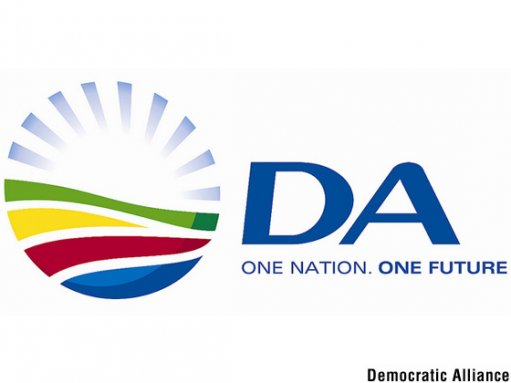
Oversight or scrutiny of the security sector cannot remain the preserve of the government alone without inviting potential abuse.
It is crucial within the system of democratic accountability that mechanisms include both procedures,and institutions as well as a political culture that fosters transparency, openness and an atmosphere that stimulates parliamentarians and other actors to watch the steps of government closely and to check the intelligence services critically.
Budget control is at the heart of such parliamentary control. Intelligence services are financed with taxpayers money and thus it is crucial that there is thorough and in-depth scrutiny of the budget of the intelligence services by the parliamentary oversight committee. In addition to this, in a true open and transparent democracy scrutiny by a closed committee of parliament must be coupled with open and transparent annual reporting and financial statements by the Department to allow for some level of public scrutiny.
However, the current system of budget oversight in this Parliament does not follow international best practice and is not aligned with the constitutional principles of transparency and accountability.
Currently the Department of State Security, unlike other government departments, does not submit annual reports to Parliament, nor does it provide the public with any level of detail on its financial statements. Rather, the budget vote of State Security is included in the budget vote of national treasury and the public are privy to only one line item – the total budget for the Department for any given year.
Even the JSCI, which has security vetting to allow the members to see classified information is only allowed to examine the first level of the State Security Budget – the administrative level. Beyond this, the next level of sensitive budget information is only examined by the Auditor-General and the Inspector-General and the final, highest level of budgetary information, is examined by the Inspector-General alone. This means that a large proportion of taxpayers money is subject to absolutely zero parliamentary oversight.
We cannot accept that such a large portion of taxpayers money can be subject to such minimal parliamentary oversight in a constitutional democracy. Since 1994 the intelligence services have been embroiled in numerous scandals, but most recently, former and current state security agency spies were deployed to Luthuli House to screen prospective members of Parliament, the phones of SABC journalists were tapped and the State Security Agency was used to investigate the offshore accounts of Malusi Gigaba. All three incidents are in violation of aspects of the Constitution. Thus it is crucial that there is stricter and more thorough examination and control over the activities and budget of our intelligence services by Parliament.
The Matthew’s Commission report, which was tasked with reviewing the intelligence services after numerous scandals, recommended in 2008 that the Department of State Security should have its own separate budget vote and that annual reports and financial statements of the services should be presented to Parliament as public documents, with the exclusion of information that would endanger security or compromise intelligence operations, methods, or sources. Unfortunately this report was never tabled by Parliament and most of its recommendations were never implemented. As a result, our intelligence services continue to operate outside constitutionally mandated oversight controls and thus continue to misuse state funds to further political objectives.
Such proposals are in line with international best practice whereby the mandates of parliamentary intelligence oversight committees include budgeting and accounting.
One of the key aspects of international best practice for high quality oversight of budgets is the principle of comprehensiveness. Parliamentary oversight of the security sector has to be all-inclusive and complete. No expenditure should go unaccounted for. The existence of secret budgets which are inaccessible to the members of the parliamentary oversight committee runs counter to this principle. Parliamentary oversight committees should have full access to all classified information and to every single aspect of the budget to ensure that taxpayers money is properly overseen.
The normal principles of good governance, which govern other activities of government, should also apply to the intelligence services. Exceptions in terms of secrecy should be legally limited. Importantly, parliament’s oversight of the intelligence budget should be such that intelligence agencies should only use funds for activities if those funds were specifically organised by the legislative branch for that purpose and they should not be allowed to transfer funds outside the agency without the authorisation of the legislature.
This is vastly different from this Parliament where no aspect of the actual budget of the intelligence services can be debated in the House and thus there is an entire lack of public scrutiny and accountability.
Our intelligence services can no longer continue to manage their budgets outside of proper democratic parliamentary controls. Twenty years into democracy it is high time for the intelligence services to be reigned in.
I thank you.